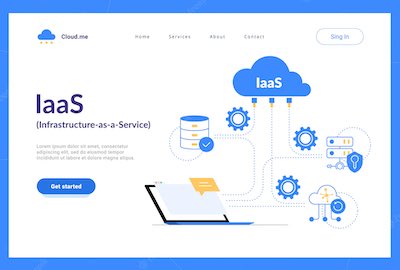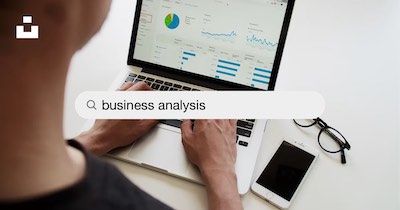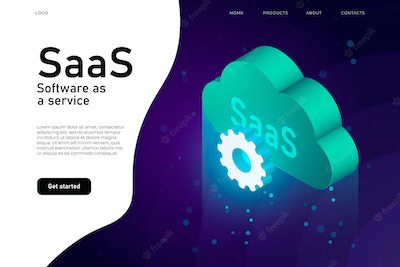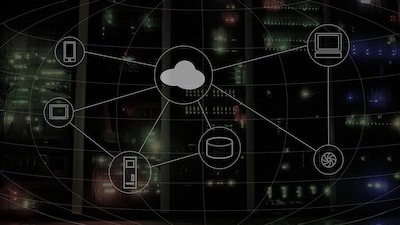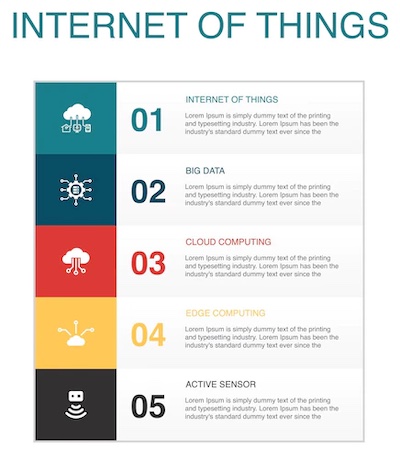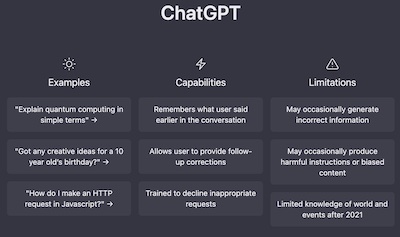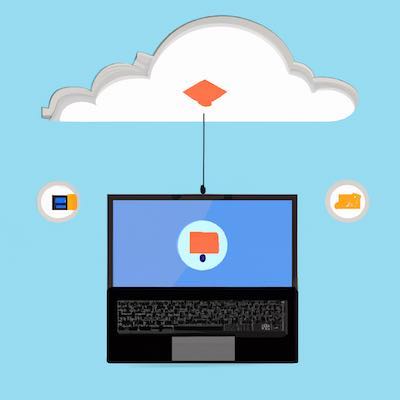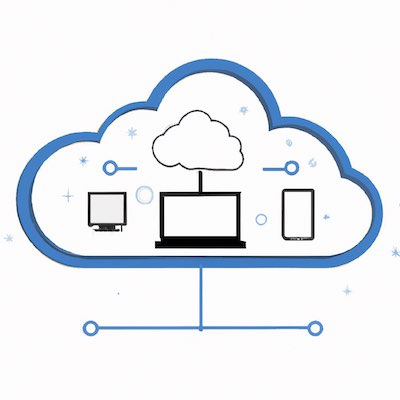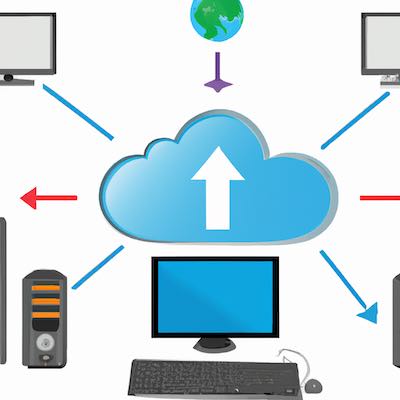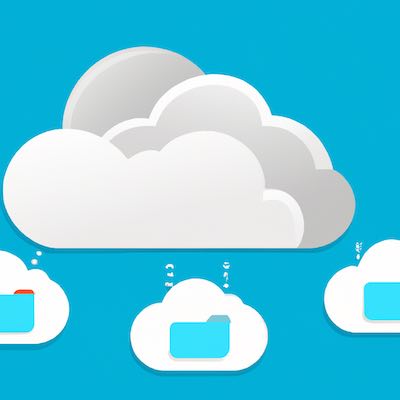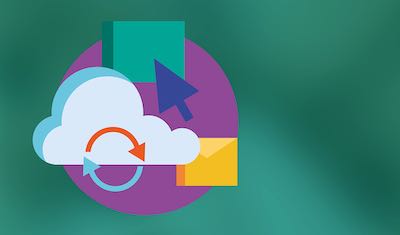 Cloud computing continues to revolutionize the way businesses around the world operate and store data. With so many options now available, it can be difficult to decide which one is best for your company. IaaS PaaS and SaaS are three of the most popular cloud computing solutions, each offering unique advantages and disadvantages. Understanding the differences between the three can help you make an informed decision about which is the best fit for your business. IaaS PaaS and SaaS offer different levels of cloud computing solutions and can be used to fulfill a variety of needs. IaaS provides access to cloud-based virtual machines, storage, and networking resources, while PaaS allows businesses to quickly develop, deploy, and manage applications without the need for hosting or managing servers. Lastly, SaaS is a software distribution model that provides users with access to a fully hosted application without the need to install or maintain it locally. All three solutions can offer great benefits to businesses, but understanding the differences between them is the key to making the right decision.
Cloud computing continues to revolutionize the way businesses around the world operate and store data. With so many options now available, it can be difficult to decide which one is best for your company. IaaS PaaS and SaaS are three of the most popular cloud computing solutions, each offering unique advantages and disadvantages. Understanding the differences between the three can help you make an informed decision about which is the best fit for your business. IaaS PaaS and SaaS offer different levels of cloud computing solutions and can be used to fulfill a variety of needs. IaaS provides access to cloud-based virtual machines, storage, and networking resources, while PaaS allows businesses to quickly develop, deploy, and manage applications without the need for hosting or managing servers. Lastly, SaaS is a software distribution model that provides users with access to a fully hosted application without the need to install or maintain it locally. All three solutions can offer great benefits to businesses, but understanding the differences between them is the key to making the right decision.
What is IaaS?
IaaS, or Infrastructure as a Service, is the ability to access computing and storage resources over a network. IaaS providers supply their customers with virtual machines, storage, and networking resources that are hosted over a network. These resources can be quickly provisioned, managed, and scaled as they are being used. IaaS solutions are popular among businesses that are looking to expand their current IT capabilities or migrate to the cloud. When choosing an IaaS provider, it’s important to find one that supports the operating systems and programming languages that are already in use.
Benefits of IaaS
IaaS offers businesses a highly scalable environment for hosting their applications and data without the need for IT staff to manage the hardware. As a result, there’s less downtime and higher productivity across the board. IaaS solutions can also be used to expand an existing IT infrastructure, which can help to lower operational costs in the long term. IaaS providers typically offer a variety of pricing models, so it’s important to select one that meets your budget and usage requirements.
What is PaaS?
Platform as a Service (PaaS) is a model in which a service provider hosts the hardware and software needed to run the business’s applications. PaaS offerings include a wide variety of software tools, such as an integrated development environment, application programming interface, databases, and a server operating system. PaaS solutions are helpful for businesses that want to quickly develop and deploy applications without the need to manage the underlying infrastructure. PaaS providers usually offer different types of services that are designed to meet specific business needs. For example, there are solutions designed for financial services, healthcare, and analytics that can help to maximize ROI.
Benefits of PaaS
PaaS is ideal for companies that have little or no experience in application development. It can help to quickly build and deploy applications without the need for in-house technical staff. PaaS providers are also flexible and can often be used to host on-premise applications and data that have been migrated to the cloud. PaaS solutions usually offer competitive pricing, but it’s important to select one that fits your requirements and budget.
What is SaaS?
Software as a Service (SaaS) is a model that allows businesses to purchase pre-developed applications that can be accessed over a network. SaaS providers host the application and often charge subscription-based fees based on a variety of factors, such as the number of users or the amount of data that is used. SaaS solutions are ideal for companies that want to quickly access software without the need for in-house technical staff to manage it. SaaS is often used for business applications, such as email and customer relationship management systems.
Benefits of SaaS
SaaS is a cost-effective model that can help businesses to reduce the time and money needed to purchase and maintain their own software. It also frees up valuable internal resources and allows employees to access the tools they need from any device. SaaS providers usually offer robust tools that can be used for a variety of business needs. It’s important to select a provider that meets your requirements and can be easily integrated with existing systems and data.
Examples of IaaS, PaaS, and SaaS
IaaS providers can be compared to other cloud service providers such as Amazon Web Services (AWS), Microsoft Azure, and Google Cloud Platform. PaaS providers include offerings such as Heroku, Microsoft Azure, and Salesforce. SaaS providers include heavyweights like Google, Microsoft, Amazon, Salesforce, and Oracle.
How to Choose the Right Cloud Computing Solution
When deciding which cloud computing solution is best for your business, it’s important to understand your needs and find a partner that can meet them. If you have specific requirements, like compliance with certain industry standards, it’s important to find a partner that can help to meet them. It’s also important to understand the associated costs and find a solution that fits within your budget. There are many factors to consider when choosing between IaaS, PaaS, and SaaS. To help you make an informed decision, we’ve outlined the key factors below.
Conclusion
Cloud computing is a growing industry that offers businesses a wide variety of solutions. Whether you need to expand your existing IT capabilities or migrate to the cloud, it’s important to understand the differences between IaaS, PaaS, and SaaS. These three solutions all offer different levels of cloud computing and can be used to meet a variety of needs. When choosing a cloud solution, it’s important to find one that meets your business requirements and can be easily integrated with existing systems and data.

